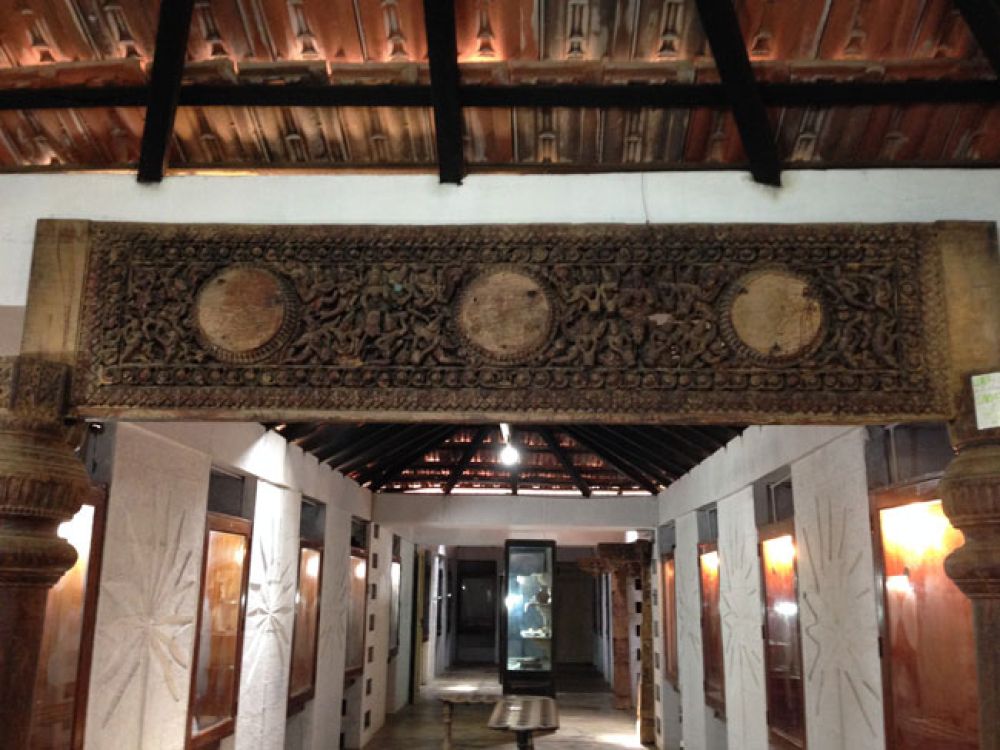

The Jaffna Archaeological Museum in Jaffna, Sri Lanka, is a repository of the region's rich historical and cultural heritage. Jaffna itself has been an area of significant historical importance due to its strategic location and has seen various powers vying for control over the centuries. The impact of these events has deeply influenced the cultural fabric of the city, making it a focal point for historical and archaeological interest.
The Jaffna Archaeological Museum was established to preserve and showcase the artifacts that reflect the historical and cultural significance of the Northern Province of Sri Lanka. It enhances our understanding of the ancient civilizations that thrived in this region. Housed in a colonial building, the museum became an integral part of the tourism portfolio in Jaffna, attracting history buffs, academics, and travelers from around the world.
Tourism in Jaffna has a complex history, influenced by the area's political and social circumstances. Due to the civil conflict that affected the region for several decades, tourism was largely nonexistent for many years. However, with the end of the civil war in 2009, Jaffna has been rediscovered by both local and international tourists looking to explore its unique cultural landscape.
The region's tourism slowly started to rejuvenate as the reconciliation and rebuilding process began. As safety and infrastructure improved, travelers started to explore the many facets of Jaffna, ranging from its historical sites such as the Jaffna Fort to the serene Nallur Kandaswamy temple, and of course, the Jaffna Archaeological Museum.
Recent trends in tourism in Jaffna have seen a growing interest in cultural and heritage tourism. Visitors are particularly drawn to the rich tapestry of history that the city offers. There has been an emphasis on sustainable and responsible tourism practices, trying to ensure that the inflow of tourists contributes positively to the local community and preserves the integrity of the historical sites.
Another emerging trend is the digitalization of travel experiences. Virtual tours and online exhibitions have become more prevalent, especially in response to the global travel restrictions imposed by the COVID-19 pandemic. This shift has allowed institutions like the Jaffna Archaeological Museum to reach a broader audience, encouraging virtual visits and interactive learning experiences about Jaffna's history and culture.
For those visiting the museum, it is recommended to allocate sufficient time to thoroughly explore the collection, which includes coins, artifacts, and relics from various periods of Jaffna's history including the Chola, Pandya, and Dutch colonial eras. The museum not only acts as a custodian of artifacts but also offers educational insight into the historical context of the region.
Accessibility has improved considerably, with better transport links making it easier for tourists to visit Jaffna. There are options to travel by road, rail, and even by air with the domestic flights available to Jaffna airport. Accommodation ranges from boutique hotels to homestays, catering to different preferences and budgets.
In conclusion, the Jaffna Archaeological Museum is a must-visit destination for anyone interested in the rich tapestry of Sri Lankan heritage. As tourism in Jaffna continues to develop, it is poised to become an even more vibrant and integral part of Sri Lanka's tourism scene.